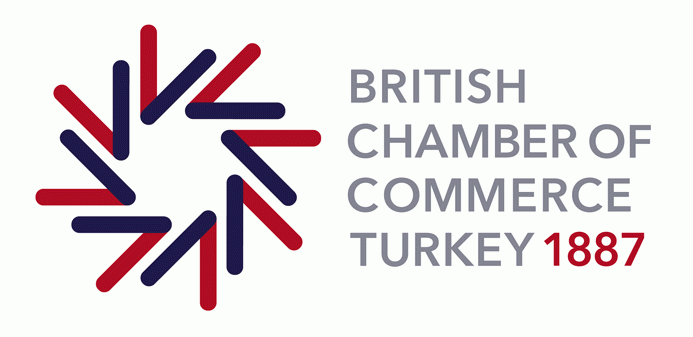Brazil
Growth forecast as country adopts more open approach
Brazil - officially the Federative Republic of Brazil – has transformed itself into a modern economy during the last 20 years and is becoming more open to overseas trade and investment following a broad-based recession from 2014 to 2016, coupled with a political corruption scandal.
The largest country in Latin America and South America, at 3.2 million square miles with a 208m population and a 107m labour force, Brazil is also the biggest country to have Portugese as an official language.
Brazil has a $2.14tr economy; making it the world’s eighth largest by gross domestic product (GDP), while its GDP (PPP) per capita is $15,485.
One of the BRIC nations, alongside Russia, India and China; Brazil is the world’s second largest supplier of food and agricultural products. The country has been the world’s biggest coffee producer for 150 years and is among the largest for sugar cane, cassava and sisal, soybeans and papayas.
Global bank, Goldman Sachs, forecast that Brazil will remain be among the world’s fastest growing economies up to 2050. Its services sector represents 68 per cent of national output, with manufacturing at 26 per cent and agriculture, which includes forestry, logging and fishing, at six per cent. The country has pegged its currency, the real, to the US dollar since 1994.
The country has the world’s fourth biggest car market. Its main exports are electrical equipment, aircraft, automobiles, ethanol, textiles, footwear, iron ore, steel, coffee, orange juice, soybeans and corned beef and it ranks 23rd globally for the value of its exports. Britain’s main exports to Brazil are pharmaceuticals, electrical goods, chemicals, vehicles and machinery.
Around 400 of the world’s 500 largest companies operate in Brazil, including many British businesses such as BP, Shell, JCB and Rolls Royce. The country also has a thriving e-commerce culture.
Although Brazil’s middle class, currently around 113 million people, expanded by 40 per cent since 2003, the recession saw about four million people returning to poverty.
Economic reforms, proposed in 2016, aim to slow the growth of government spending, reduce barriers to foreign investment and create a more inclusive approach to overseas trade.
Although, in the immediate aftermath of the recession, Brazil was described as moving from “Zombie to Walking Dead”; The International Monetary Fund (IMF) expects the country’s economy to grow at 1.7 per cent in 2018 and at two per cent during the next four years.
Chamber International's partner, Brazil Business Hub, provides full support for UK companies interested in exploring Brazil.
Contact us for further details.
Chamber International recommends this further reading:
Brazil in figures, published annually by IBGE, presents basic information for the study and understanding of the Brazilian socioeconomic reality; therefore, it is a valuable source of data for analysis and planning.
Click here for the Brazilian Official Guide on Investment Opportunities.



